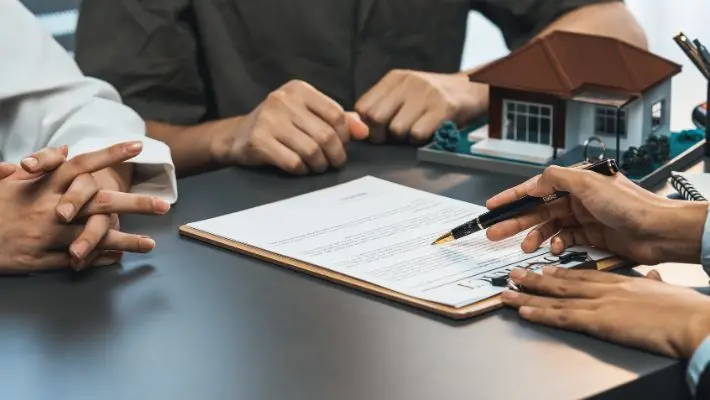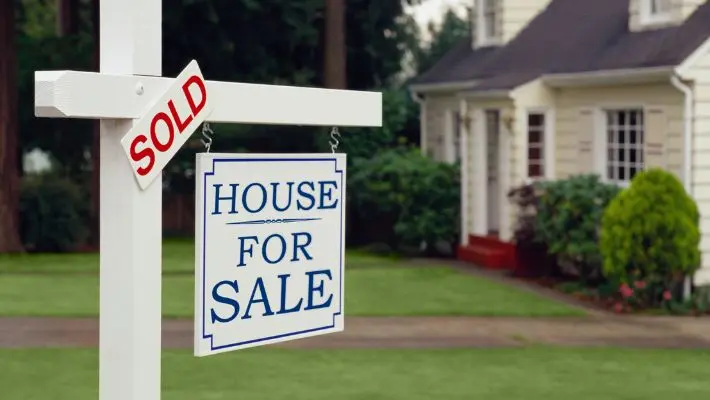
7 Steps to Prepare for Home Closing
Navigating the home closing process requires careful preparation and attention to detail.
It is important to know the steps to make the closing day go as smoothly as possible.
Step 1: Schedule a Home Inspection
Once your offer on a home is accepted, immediately schedule a home inspection. This early evaluation assesses the condition of the property and identifies any potential issues that might need repair. Lenders often require a home inspection during real estate closings when buyers work with a mortgage.
Typical inspections check structural elements, plumbing, electrical systems, and appliances to ensure everything is in working order. You can negotiate repairs or credits with the seller if issues are discovered. This step not only helps in making an informed decision but also safeguards your investment as you begin the closing process.
Step 2: Purchase Homeowners Insurance
Obtaining homeowners insurance is a crucial requirement from lenders to protect your new home against damage and losses from unforeseen circumstances like fires or natural disasters. Start this process soon after your offer is accepted to avoid any delays in closing.
Compare different policies to find one that provides adequate coverage at a reasonable price. Make sure your policy is effective from the day you close to ensure immediate protection. Your real estate agent or title company can recommend an insurance provider.
Step 3: Meet with Your Lender
Early interaction with your lender is vital to align on all financial aspects of your home purchase. Discuss the terms of your mortgage, confirm the home appraisal, and understand all the financial requirements before you proceed. Your lender will talk through interest rates and if you are eligible to buy points towards your rate.
This meeting is an excellent opportunity to clarify any doubts and ensure all financial arrangements are ready for the closing date. The lender will ask you for important documents that are needed before you get to the closing table. They will help aid you in the process of title search and title insurance on your new home.
Step 4: Prepare Your Loan Application Documents
Organize and prepare all necessary documentation required for your mortgage application. This typically includes proof of income, employment verification, credit information, and details about the property. Your mortgage lender will send you information about what they need so you are not left guessing.
Having these documents ready can significantly expedite the approval process. Double-check with your lender for any additional paperwork needed to avoid last-minute hurdles.
Step 5: Review the Closing Disclosure Prior to Closing Day

The Closing Disclosure is a critical document that outlines the details of your mortgage. You will receive it at least three days before closing, which gives you ample time to review all terms of the loan, monthly payments, and other costs associated with the closing.
Ensure that everything matches what was previously agreed upon in the Loan Estimate and address any discrepancies with your lender immediately.
Step 6: Schedule the Final Walk Through
Arrange for a final walkthrough of the property 24 hours before closing. This is your last chance to ensure that the property's condition hasn't changed since the sale agreement and that all repairs, if any, were made as agreed.
Check that all fixtures and appliances are in place and working as expected. This step is crucial for peace of mind before finalizing the purchase. If there were any contingencies between the buyer and seller on the state of the house, check to make sure those are completed before signing documents.
Step 7: Prepare for the Closing Day
On closing day, bring all necessary documents, identification, and payment needed to complete the transaction. This includes a cashier’s check or proof of wire transfer for the down payment and closing costs.
Bring any additional paperwork your lender or closing agent has requested. Ensure you understand the process and sequence of document signing to make the closing day experience smooth and stress-free. You will sign a lot of closing documents, feel free to ask the lender if you have any questions about what you are signing.
By meticulously preparing for each of these steps, you can approach your closing day with confidence, knowing that you have taken all necessary measures to ensure a successful end to your home buying journey. Remember, each step you complete is moving you closer to owning your new home.
Preparing for Closing Day

By following these seven steps, you can confidently approach your home closing day, knowing you’ve covered all the necessary details to ensure a smooth transaction. Each step plays a vital role in safeguarding your investment and preventing any unexpected complications. From scheduling a thorough home inspection to reviewing the Closing Disclosure, these preparations are designed to give you peace of mind as you finalize your home purchase.
Taking the time to secure homeowners insurance, meet with your lender, and organize all loan documents helps streamline the process and reduces the chances of any delays. The final walkthrough is your opportunity to confirm that everything is in order before signing the final paperwork, ensuring the property is in the condition you expect.
When closing day arrives, being fully prepared with all necessary documents, payments, and a clear understanding of the process will help you feel more at ease. With everything in place, the closing day can be a celebratory milestone, marking the completion of your home buying journey.
By following these real estate tips for buyers, you’re not only protecting your financial interests but also setting yourself up for a successful and stress-free closing. Homeownership is a significant achievement, and with thorough preparation, you can make the transition with confidence, knowing you’ve done everything to ensure a positive outcome.




